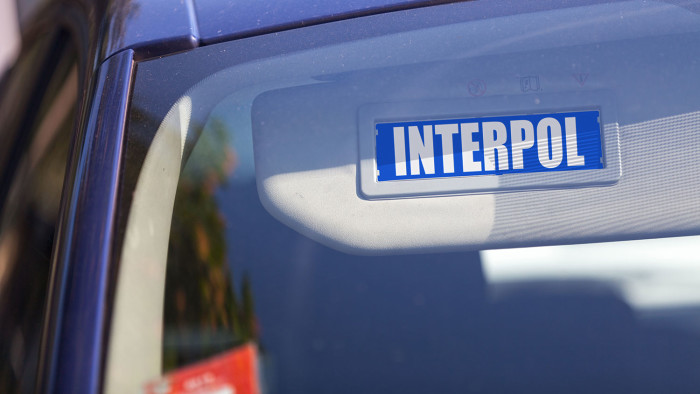
International criminal justice watchdog Fair Trials has written to the General Secretary of INTERPOL to ask the organisation to ensure that its next President is appointed through a transparent process so that candidates can be properly vetted.
The calls come in the wake of concerns around the potential appointment of Major General Ahmed Nasser al-Raisi as President. The United Arab Emirates security chief has been accused of overseeing the systematic use of torture by the country’s police.
Bruno Min, Legal Director (UK & International) of Fair Trials said:
“INTERPOL is no stranger to controversy about the people it has appointed as President. Since 2018, after Chinese ex-President Meng Hongwei was disappeared, and Aleksandr Prokopchuk was identified as the front-runner, we have called for more transparency about how INTERPOL appoints its Presidents. INTERPOL should have learned from this experience and put in place a more transparent process.
“INTERPOL must name potential candidates and make sure that they are properly vetted – something that its current election process makes impossible. It’s vital that the next President is committed to protecting human rights and INTERPOL’s neutrality. Any doubts about this could have a huge impact on the organisation’s reputation and undermine its ability to make the world a safer place.”
INTERPOL recently told Fair Trials that they would not announce candidacies for the role prior to the organisation’s General Assembly, which takes place in December. Once the General Assembly has begun, candidates can be proposed at any point before the election takes place.
As Fair Trials notes in its letter to the Secretary General, this process prevents any meaningful scrutiny of candidates and the countries they represent, by the public, or even by delegates from other member countries. It also makes it impossible for INTERPOL to implement any vetting procedure to ensure candidates prescribe to the organisation’s constitutional commitments on human rights and neutrality and that their election would not undermine the organisation’s global standing.


